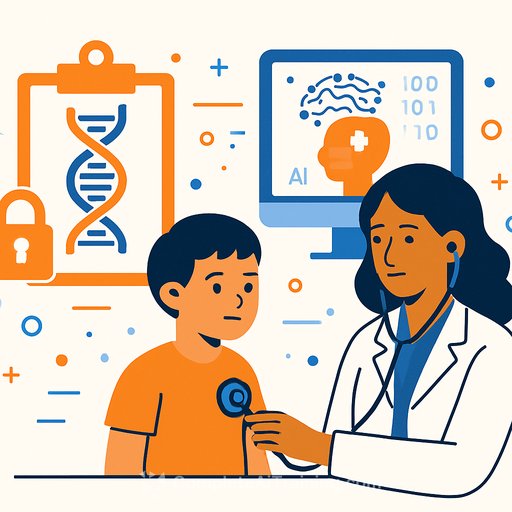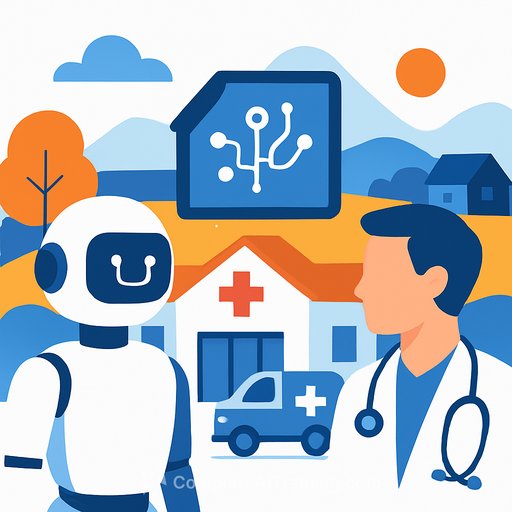Global Precision Medicine: AI Identifies Undiagnosed Genetic Diseases in Children
Researchers at the Children's Hospital of Eastern Ontario (CHEO) have developed an AI-driven search algorithm named ThinkRare that scans electronic health records (EHR) to identify children who might have undiagnosed rare genetic diseases. This tool helps clinicians recommend genetic testing earlier, connecting patients and their families with the answers and care they need more efficiently.
Dr. Kym Boycott, CHEO’s Chief of Genetics and lead on the project, explains that ThinkRare’s ability to analyze EHR data based on specific criteria allows the hospital to detect potential genetic conditions that may have otherwise gone unnoticed. This technology supports earlier intervention and a more personalized approach to patient care.
How AI Supports Clinical Practice at CHEO
CHEO has integrated AI into its clinical workflows with a focus on precision medicine. ThinkRare exemplifies this by leveraging AI to sift through large volumes of patient data, identifying subtle signs that suggest a genetic disorder. This approach reduces the time and effort traditionally needed for genetic disease diagnosis.
- Personalized medicine focus: CHEO prioritizes tailored healthcare solutions, using AI to enhance diagnostic accuracy and patient outcomes.
- Algorithm development: ThinkRare was developed through a collaborative effort involving genetic counselors, clinicians, and AI specialists.
- EHR data integration: The tool systematically searches electronic health records, flagging patients who meet the criteria for further genetic evaluation.
Challenges in Data Governance and IT Infrastructure
Developing and deploying ThinkRare required addressing significant challenges, particularly around data governance and IT infrastructure. Ensuring patient privacy, data security, and compliance with health regulations was critical throughout the project. Additionally, integrating AI tools with existing health system technology demanded careful planning and collaboration across departments.
From Research to Clinical Use
The transition of ThinkRare from a research prototype to an operational clinical tool was guided by dedicated teams at CHEO. Continuous validation and refinement ensured the algorithm’s accuracy and reliability in real-world settings. The hospital is now looking to extend the tool’s reach beyond its walls, sharing it with other healthcare providers to improve genetic disease diagnosis worldwide.
Looking Ahead: Expanding AI-Enabled Precision Medicine
CHEO plans to broaden ThinkRare’s application to benefit more patients globally. By collaborating with external hospitals and health systems, the institution aims to promote earlier detection of rare genetic conditions, ultimately improving patient care on a larger scale.
For healthcare professionals interested in AI applications in medicine, exploring specialized AI courses can provide valuable insights. Resources such as Complete AI Training's latest AI courses offer practical knowledge on integrating AI tools effectively in clinical settings.
Your membership also unlocks:






